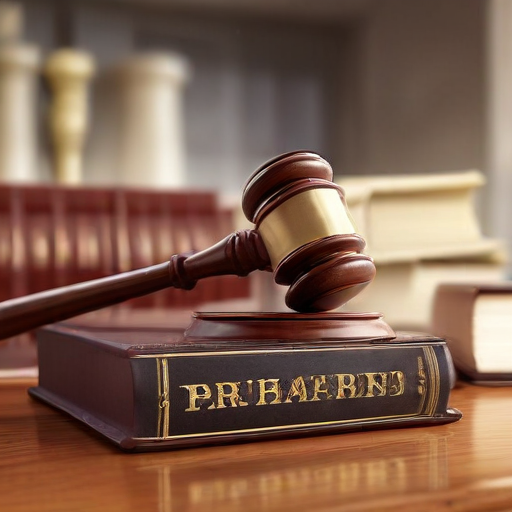President-elect Donald Trump has revealed his intention to nominate U.S. Representative Matt Gaetz as the next Attorney General of the United States. This surprising choice comes amid ongoing congressional ethics investigations involving Gaetz, which have raised serious allegations including sexual misconduct, drug use, and accepting improper gifts.
House Speaker Mike Johnson confirmed during a GOP press conference that Gaetz has already submitted an immediate resignation from Congress. Johnson mentioned that Gaetz made this decision to avoid excessive absences. Florida’s state law stipulates that Governor Ron DeSantis, currently in Italy, has eight weeks to fill Gaetz’s vacant seat, which might be filled as early as January 3 when the new Congress takes office.
Should Gaetz secure Senate confirmation, he would oversee the Justice Department, which employs over 115,000 individuals and manages more than 40 organizations. Trump praised Gaetz on social media, describing him as a “gifted and tenacious attorney” and expressing confidence that he would fight corruption within the department, ensuring honesty and transparency in its operations.
However, Gaetz’s nomination is likely to face significant scrutiny in the Senate. Several Senators, including Republicans Susan Collins and Lisa Murkowski, expressed surprise and voiced concerns regarding his qualifications given the ongoing ethics investigation. Others, like Senator John Cornyn, raised questions about whether Gaetz could garner enough support for confirmation.
The ongoing investigation into Gaetz has been active since April 2021, with allegations ranging from sharing inappropriate content to misuse of campaign funds. Despite Gaetz’s categorical denials of these accusations, the House Ethics Committee has continued its inquiries.
As Congress prepares for the potential confirmation hearings, reactions have been mixed. While some Republicans like Marco Rubio support Gaetz, others within the party express skepticism. Meanwhile, Democrats have largely condemned the nomination, with criticism aimed at Gaetz’s character and qualifications for such a crucial role in the government.
Despite the controversies surrounding this nomination, it is essential to recognize it as a pivotal moment for the Justice Department, which could lead to significant changes in its leadership and operational priorities. The upcoming confirmation hearings will provide an opportunity for transparency and public discourse regarding the direction of U.S. justice policies.
In summary, while the nomination of Matt Gaetz has ignited substantial debate and concern, it may also lead to critical discussions surrounding ethics, governance, and accountability in public office, fostering hope for a more transparent future in the Justice Department’s operations.
